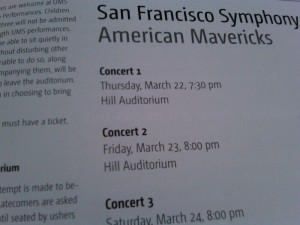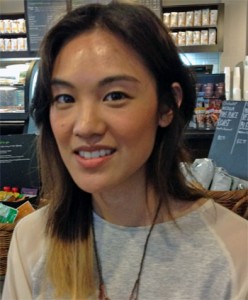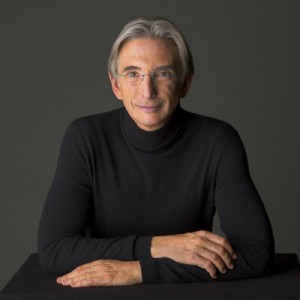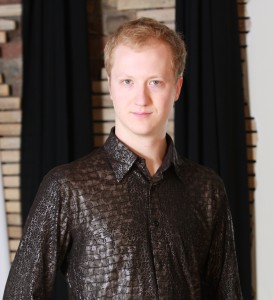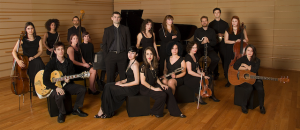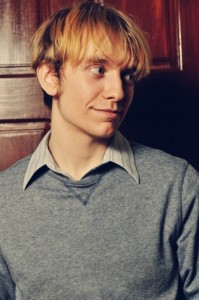
In December 2010, as I was still adjusting to the climate change between Houston, Texas and Ann Arbor, Michigan, I heard a piece that has stuck with me ever since. I wrote about it here, along with two others, and called this particular work, which was performed with video and dance, “the most well executed student production of ANY KIND I have seen.” This piece is Music in Pluralism by William Zuckerman, a former University of Michigan composition student who is currently freelancing in New York.
On April 11th at 8 PM, in the Kaufman Center’s Merkin Hall, Music and Pluralism comes to life as part of the opening performance of the 2012 Tribeca New Music Festival. The event is also functioning as a CD release party for a recording of Music Pluralism William has worked on for over two years. Moreover, the April 11th concert is the debut of Mr. Zuckerman’s hand-picked ensemble, “Symphony Z”. I caught up with William and asked him a few questions about Music and Pluralism, Symphony Z and his life as a freelance composer; but, before I get to his eloquent responses, I want to set the stage for what Music in Pluralism has to offer its audience.
In the piece, William handles immense proportions with the deftness far beyond his years, and ties together a diverse cadre of musical influences – everything from Pop Rock to Bach’s Passacaglia in C Minor! – with the compelling and cogent force of his artistic vision. David Bloom, the charismatic busybody behind the group Contemporaneous (who share the stage with Symphony Z on April 11), conducts Symphony Z, and is similarly impressed with Music in Pluralism’s scope, eclecticism and coherence. He told me in an e-mail, “[i]t’s [Music in Pluralism’s] coexistence of unity and variety that makes the piece so compelling.”
When I got the CD of Music in Pluralism in the mail, I must admit I was a little apprehensive. Part of what moved me so much about its December 2010 performance was how beautifully William and his collaborators mixed the media of dance, music and video of the course of the work’s 45-minute duration. Obviously, the audio version lacks these non-musical elements, and I was concerned their profundity may have skewed my initial feelings about William’s music. As I will espouse more verbosely in an upcoming review of the Music in Pluralism CD: I am happy to report the piece stands – more effusively, triumphs – on its own.
